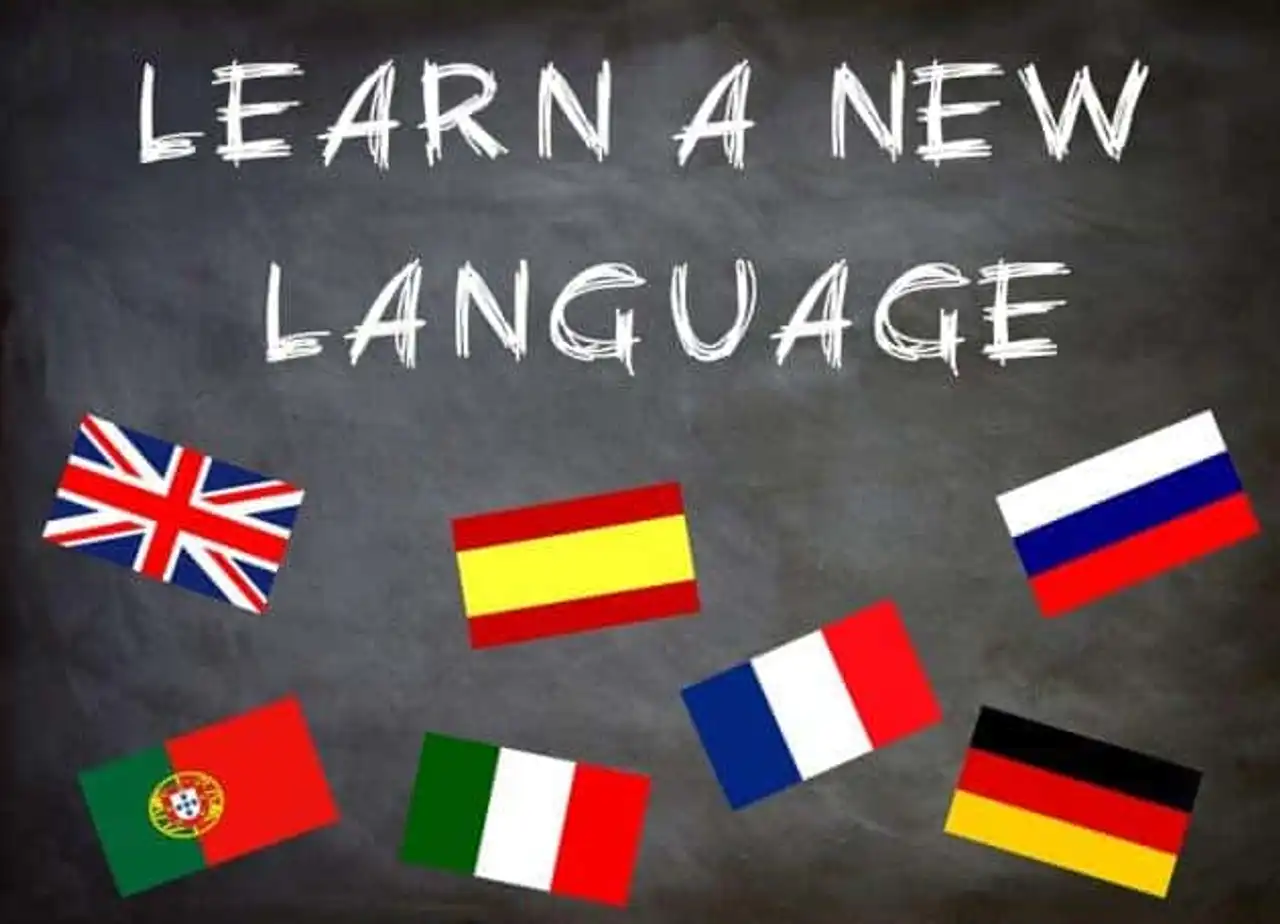You want to learn a language but do not know which language training to choose? Here are our reflections on the easiest languages to learn.
Learning a foreign language is not always easy. When you find a language that is difficult to learn, it is that a set of factors prevent memorizing it. This can come from the intersubjectivity of tastes, our type of memory or the method of learning.
Conversely, the closer a idiom is to his mother tongue, the easier it will be to understand. For example, it is considered that for a francophone, Spanish, Italian, Portuguese and Romanian are easier than German. This is due to the concept of lexical similarity. Romanesque languages are inherited from the vulgar Latin as used in the Roman Empire. Therefore, they have strong resemblances, which are called lexical similarity. They use the same alphabet, similar conjugation or close vocabulary... A Frenchman will therefore require less hours to learn Spanish than to assimilate Japanese!
Would you like to know which language will cost you as much as possible? So here's our list of the five easy to learn languages.
1. Italian

Photo credit: Shutterstock / RossHelen
Want to learn a language? Why not start with Italian? Compared to French, it is Italian who wins the most easy to learn languages. Indeed, the language of Dante has a lexical similarity of 89% with the French language. This is particularly explained by the geographical proximity of Gaul with the Roman Empire.
The lexical background of French comes from Latin for a vast majority of words. Even without taking Italian courses, a Francophone can understand the simple phrases to write. With a little training, the oral quickly becomes understandable. Also, Italian has fewer verbal forms than French.
On average 600 hours to learn Italian.
Also: 10 Italian expressions to know before leaving
2. Spanish

Photo credit: Shutterstock / Alliance Images
Compared to French, Spanish enjoys 75% lexical similarity. Hispania (ancient Spain) was held away very quickly from the Roman Empire. And the Latinization of the peoples of the Iberian Peninsula was less important than in other areas under Roman domination. In addition, Spanish was strongly influenced by German and Arab dominations.
As a result, grammatical differences with French are more pronounced than with Italian. Spanish speaks as it writes. Like French, it is a Romanesque language called “SVO”, following a Subject-Verbe-Object order. Both grammar and conjugation systems are therefore similar.
On average 600 hours to learn Spanish.
3. Portuguese

Portuguese is also one of the easiest languages to learn for a Francophone. It is a language inherited from the vulgar Latin used by soldiers, settlers and Roman traders under Antiquity. At the collapse of ancient Rome, Portugal is successively occupied by the Wisigoths, the Suèves and the Maures. But the peoples who succeed retain Roman culture and adopt the Latin dialects spoken.
Indeed, Portuguese has retained a Latin root in common with French. Of these influences, the language retains 75% of lexical proximity with French. Like Spanish, Portuguese can easily be understood in writing. Both alphabets are similar. Similarly, the spelling of many words is almost equivalent.
4. English

Did you know that 70% of the English lexicon consisted of words of Norman and French origin? In fact, learning a language is discovering his own too.
English, unlike what is said, is one of the easiest languages to learn for a Francophone. We should 750 hours work to learn to speak English. Many words are indeed similar to French. The main difficulty of English lies in pronunciation. Conjugation is easier than French. In addition, English has no female gender. It is the context that lets you know if you speak to the male or female.
5. German

German has three grammatical genres (masculin, feminine, neutral) and each name has a genre. The language of Goethe has four grammatical cases (name, accusative, dative, genital), determined by the order of the word in a sentence. This complicates learning. Yet the pronunciation of German is phonetic: the language is pronounced as it reads.
In addition, many German words are close to English.
Good learning!








Loading comments ...